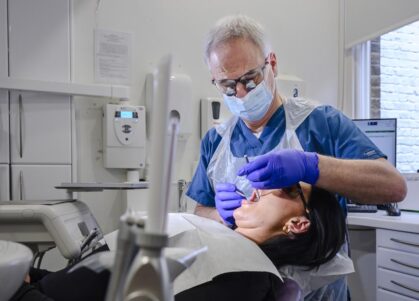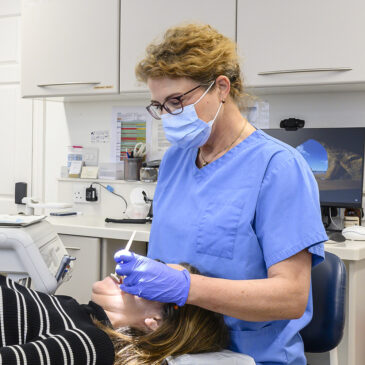Accurate Diagnosis
Salivary stones
Salivary stones (sialoliths) are a build-up of crystallized saliva deposits that block the salivary glands and create swelling and/or infection until cleared.
Viral Infections
Viral infections such as mumps, or flu and Epstein-Barr virus (EBV) or cytomegalovirus (CMV), or a range of autoimmune diseases, such as Sjögren’s syndrome. can cause salivary gland swelling
Cysts & Growths
Cysts and growths, such as pleomorphic adenomas or Warthin’s tumors, can affect the salivary glands. Bacterial infections may both cause and result from gland swelling. Any condition that disrupts salivary gland function can be debilitating and requires a thorough approach, including symptom evaluation, imaging, and diagnostic tests, to develop a personalised treatment plan for each patient.
This is why at Harley Street Maxillofacial Clinic we ensure you see an experienced consultant who will help identify a specific cause and have the knowledge to work through a full range of treatments.
They will also discuss your medical history and your condition with you, how you feel and lifestyle elements. Dehydration, or dietary choices can have an influence on salivary glands and on dealing with bacterial infection.
Treatment Options
Treatment depends on each individual diagnosis. An unusual serious issue, such as salivary gland cancer, could require immediate surgery and radiotherapy. A simple infection may only require a course of antibiotics.
Salivary gland stones, or similar blockages, may need the stones to be broken down or manually removed, possibly with the individual glands. Needle aspiration or surgery may be needed to treat cysts or a range of growths.
Many cases can be treated as a day case procedure and under a local anaesthetic and sedation. Occasionally our specialists will recommend a general anaesthetic and an overnight stay in one of our adjacent specialist hospitals.
Learn more about how salivary glands work and interact.
Care At Our London Clinic
We begin your treatment by fully understanding your condition and personal preferences. Everything will be discussed with you in detail and clearly explained.
If surgery is needed, a top maxillofacial consultant will perform the procedure. This can take place at our day surgery facility or at a high-quality private hospital in London, where we have established partnerships.
Our team understands the challenges that come with salivary gland problems and is here to support you. Please feel free to reach out to discuss the personalised care we can provide.



